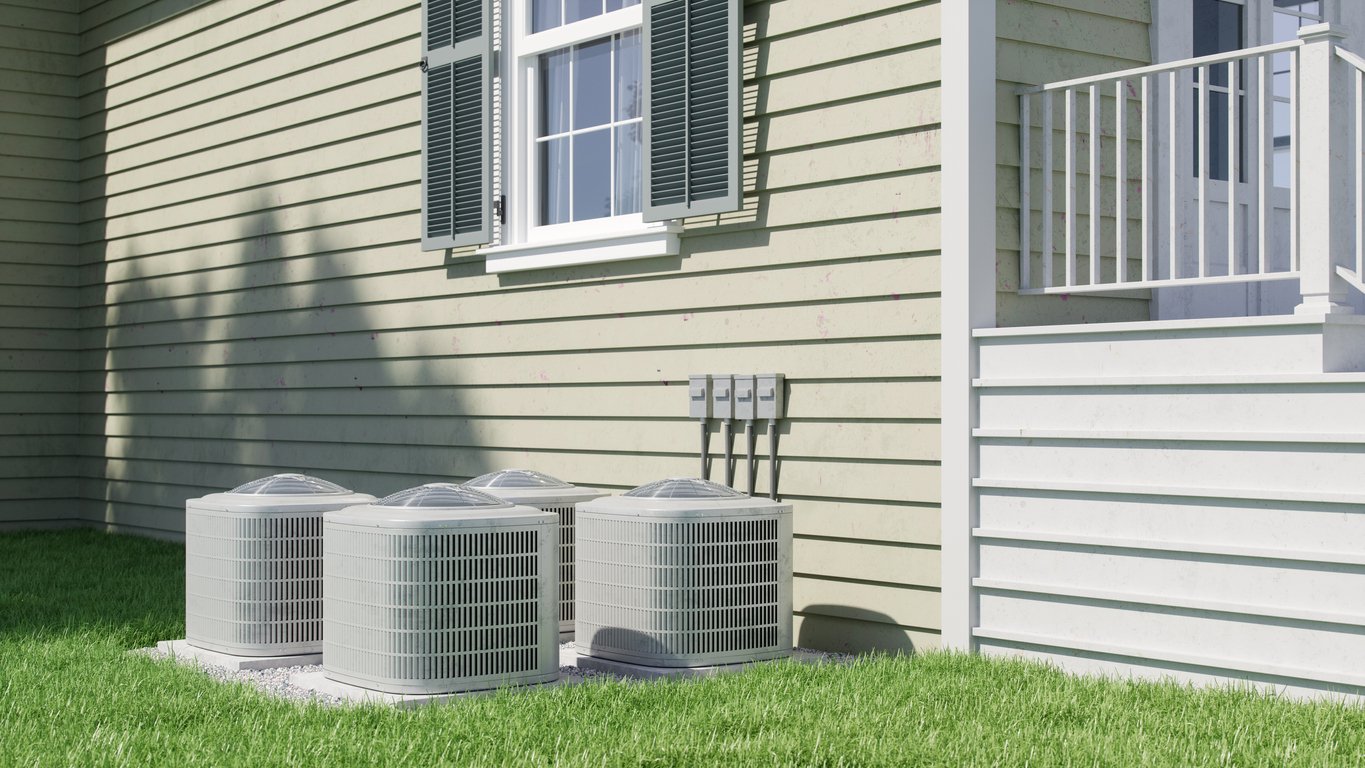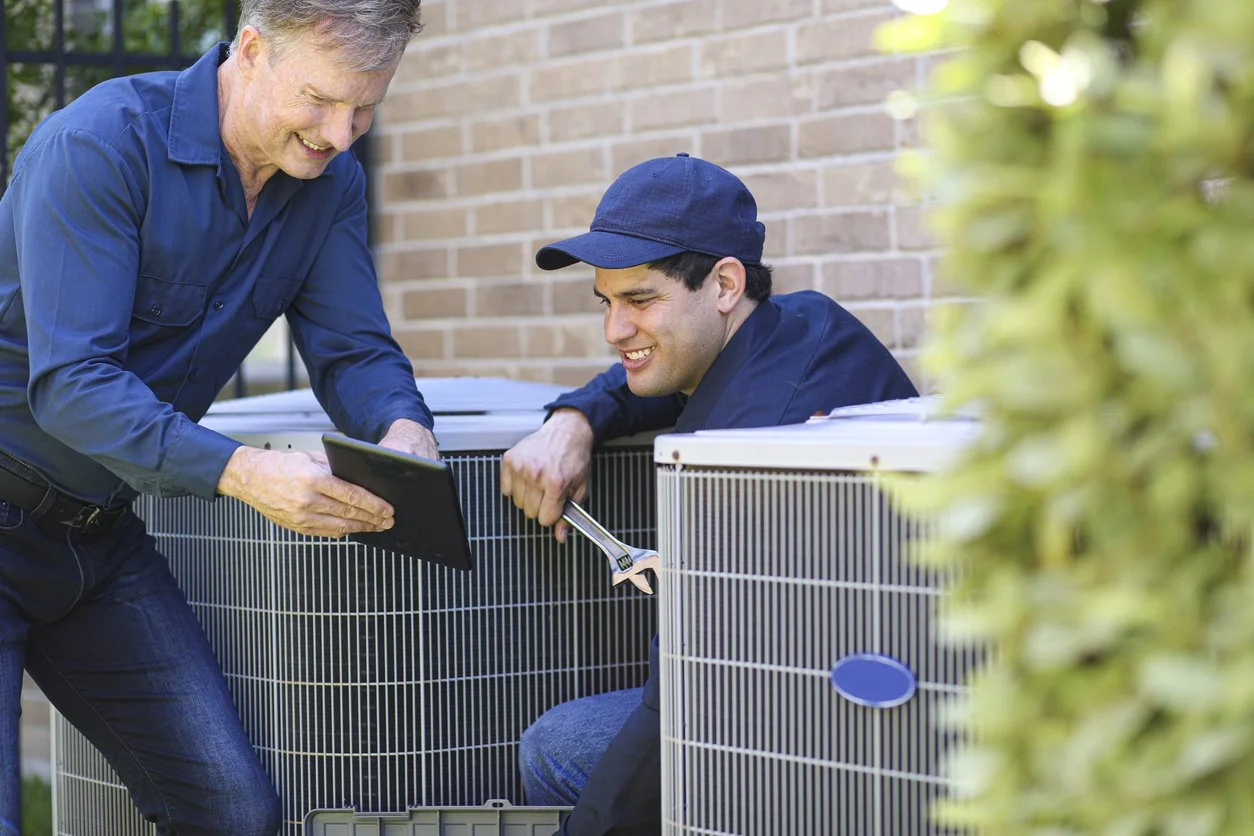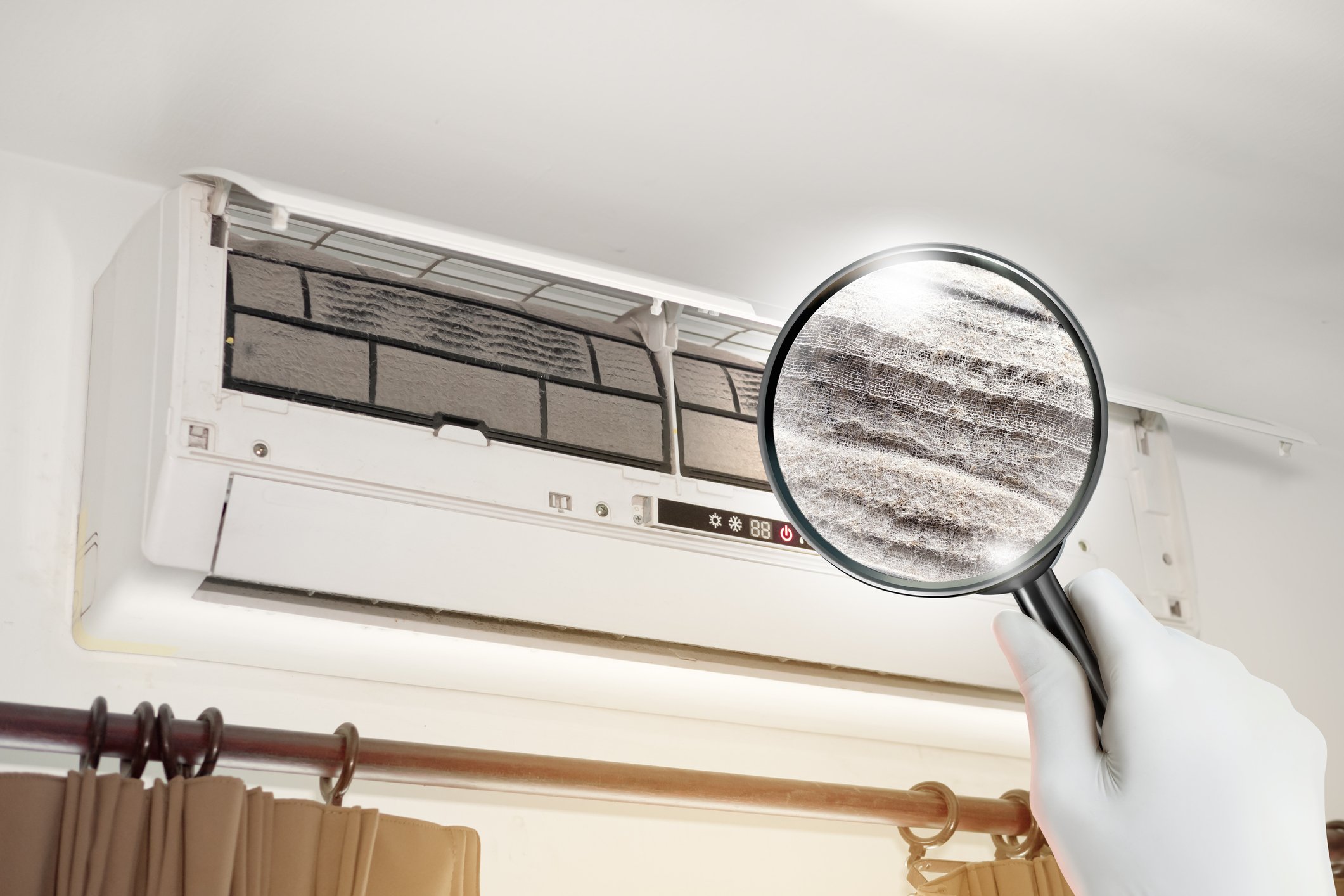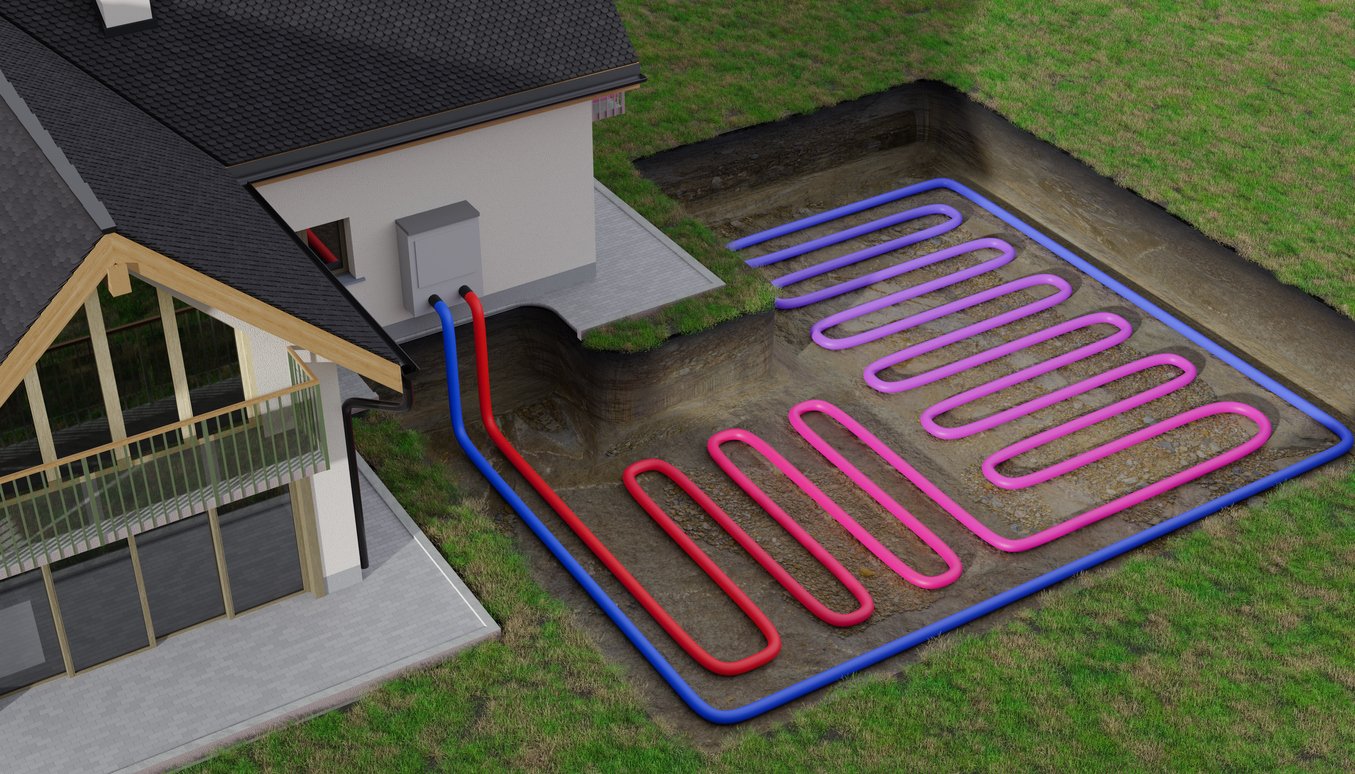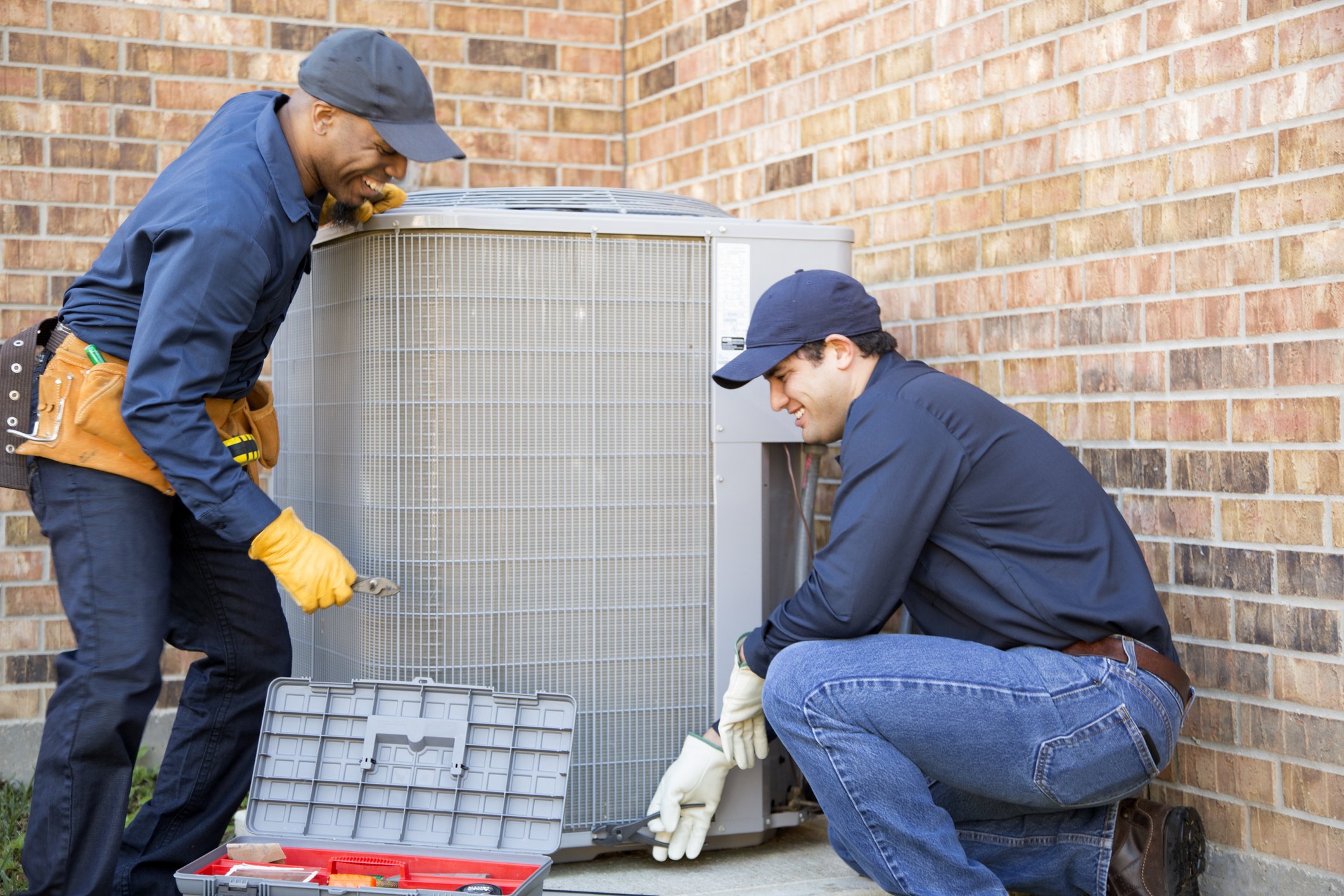Many homeowners are rather casual when it comes to preventative maintenance on their HVAC system. All too many homeowners tend to wait until there is trouble before calling for a checkup. That's not necessarily the best way to keep your HVAC running right. With a piece of equipment as expensive as your HVAC, you want to catch little problems before they become big problems.
Let's have a look at what the industry recommends when it comes to HVAC service.
Spring and Fall HVAC Service
Most experts recommend twice-yearly visits from the HVAC technician. In spring, we call for maintenance on the air conditioner; in fall, we call for maintenance on the heating equipment. We want to be sure that any potential problems are discovered before the triple-digit days of summer arrive or we're plunged into the frigid depths of winter storms. The last thing you want is a failed HVAC system in the middle of a serious weather event.
Other Benefits of Preventative HVAC Service
Besides circumventing breakdowns, there are other benefits of preventative maintenance. The most obvious is that you can keep your equipment running in good order for years, extending its life beyond your best expectations. Should you decide to sell your house, you will also have a track record that shows that your HVAC equipment has been well maintained. So, even if it's older, you have the benefit of showing you've been conscientious about keeping it up to speed.
Furthermore, your HVAC system will run more efficiently when it's well maintained. Without regular maintenance, you may be missing out on minor repairs that could bring you greater efficiency and less energy usage.
Maintenance Checklist
In spring, your HVAC consultant will do the following:
Clean evaporator and condenser coils
Check the refrigerant level
Inspect and tighten electrical connections
Examine the condensate drain and pan
Clean and fine-tune the air handler and blower for adequate airflow
In fall, the HVAC consultant will do the following:
Change filter
Clean burners
Check the gas line
Clean the air handler
Check the thermostat
Inspect heat exchanger
Questions on HVAC service? Contact Air Assurance of Broken Arrow.



